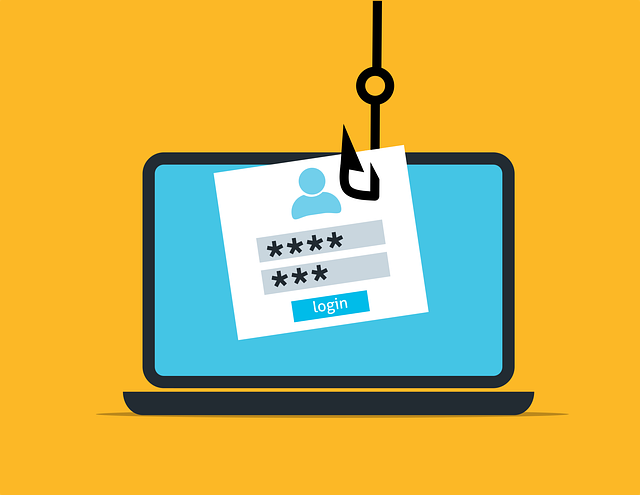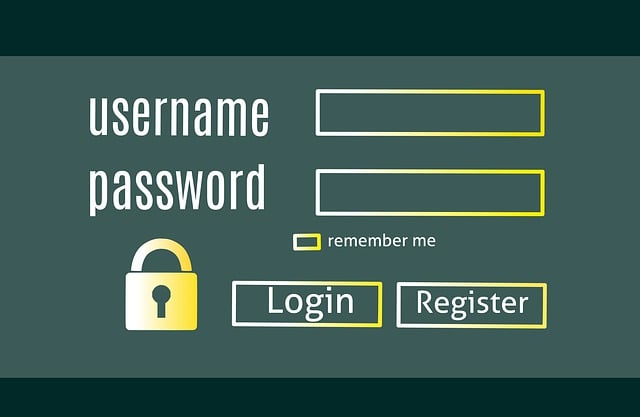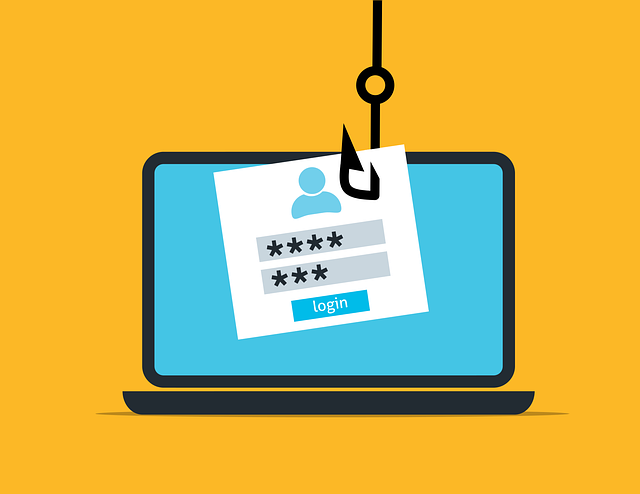Educational Staff Verification: Rigorous background checks and thorough examination of potential and current employees' backgrounds are crucial for maintaining integrity in educational institutions. These processes, which include verifying academic credentials, criminal histories, employment records, and personal attributes, create safe and trustworthy learning environments. By balancing legal obligations with ethical principles, schools uphold non-discrimination while ensuring the well-being and academic integrity of students and faculty. Technological advancements streamline these checks, minimizing errors and saving time during recruitment.
Background checks play a pivotal role in upholding standards within educational institutions, fostering safe learning environments. This comprehensive guide delves into the essential practices of educational staff verification, exploring its cornerstone importance for institutional integrity. We examine how thorough background checks contribute to securing spaces where students can thrive. From key elements of effective processes to legal considerations and leveraging technology, this article provides an in-depth look at ensuring the safety and quality of education through robust educational staff verification methods.
- Understanding Educational Staff Verification: The Cornerstone of Institution Integrity
- The Role of Background Checks in Ensuring Safe Learning Environments
- Key Elements of Comprehensive Educational Staff Verification Processes
- Legal and Ethical Considerations in Educational Staff Background Checks
- Embracing Technology for Efficient and Effective Educational Staff Verification
Understanding Educational Staff Verification: The Cornerstone of Institution Integrity

Educational staff verification, or background checks, serve as a cornerstone for maintaining integrity within educational institutions. These processes meticulously scrutinize potential and existing employees’ backgrounds, ensuring they meet specific criteria related to character, conduct, and qualifications. By implementing robust educational staff verification protocols, schools, colleges, and universities can foster an environment of trust and safety for students, faculty, and staff.
Such verifications play a vital role in upholding institutional standards by mitigating risks associated with unvetted individuals gaining access to sensitive areas like classrooms, administrative offices, or student records. They help identify potential threats, including criminal histories, substance abuse issues, or unprofessional behavior, allowing institutions to make informed decisions to protect their communities. Effective educational staff verification is not just a regulatory requirement but a proactive measure to safeguard the well-being and academic integrity of everyone within the educational setting.
The Role of Background Checks in Ensuring Safe Learning Environments

Background checks play a pivotal role in ensuring safe and secure learning environments within educational institutions. By verifying the backgrounds of prospective teachers, administrators, and support staff, schools can safeguard students from potential risks and create a nurturing atmosphere for knowledge acquisition. These checks help uncover any history of criminal behavior, ethical breaches, or qualifications discrepancies, enabling institutions to make informed decisions about their faculty.
Educational staff verification is not merely a formality but a strategic process that fosters trust and accountability. It empowers schools to maintain high standards, protect vulnerable students, and promote a culture of integrity. Through rigorous background investigations, educational institutions can identify and mitigate risks early on, ensuring a safe haven for learning and personal development.
Key Elements of Comprehensive Educational Staff Verification Processes

The cornerstone of a robust educational institution is built on the foundation of thorough and comprehensive educational staff verification processes. These procedures, which include background checks, are indispensable tools for ensuring the safety and integrity of both students and faculty. Key elements encompass an in-depth examination of applicants’ academic credentials, certifications, and teaching experience. Additionally, rigorous background investigations delve into criminal histories, prior employment records, and any relevant disciplinary actions, providing a holistic view of an individual’s suitability for working with young minds.
A comprehensive educational staff verification process also involves reference checks from previous employers or colleagues, offering insights into professional conduct, work ethic, and teaching methodologies. Equally important is the evaluation of personal attributes such as patience, adaptability, and a commitment to ethical conduct. By meticulously integrating these components, institutions can create a secure learning environment, foster positive interactions between staff and students, and uphold the highest standards of educational excellence.
Legal and Ethical Considerations in Educational Staff Background Checks

Background checks play a pivotal role in ensuring safety and maintaining high standards within educational institutions. When it comes to educational staff verification, legal and ethical considerations are paramount. These checks not only protect students but also uphold the integrity of the institution, ensuring that all employees meet specified criteria for their roles.
From a legal standpoint, schools and universities must comply with relevant data protection laws and privacy regulations during the background check process. They need to balance the right to privacy of potential employees with the institutional responsibility to create a secure learning environment. Ethical considerations include ensuring fairness, transparency, and respect for individual rights throughout the verification process. This involves clear communication about what information is sought, why it’s necessary, and how it will be used, while also adhering to non-discrimination policies.
Embracing Technology for Efficient and Effective Educational Staff Verification

In today’s digital era, embracing technology has become a game-changer in enhancing efficiency and effectiveness in educational institutions. Educational staff verification processes have evolved significantly, leveraging digital tools to streamline background checks. Online platforms and automated systems enable schools and universities to verify credentials, conduct criminal history searches, and assess qualifications with unparalleled speed and accuracy. This digital transformation not only saves time but also reduces the potential for human error, ensuring that only qualified and suitable candidates are hired.
Technological advancements in educational staff verification provide a robust framework to maintain high standards. Digital systems offer real-time data access, allowing educators and administrators to make informed decisions promptly. Additionally, these platforms often incorporate advanced security features, safeguarding sensitive information and ensuring compliance with relevant data protection regulations. By adopting such technologies, educational institutions can navigate the complex landscape of staff recruitment with confidence, fostering an environment conducive to learning and growth for all students.






